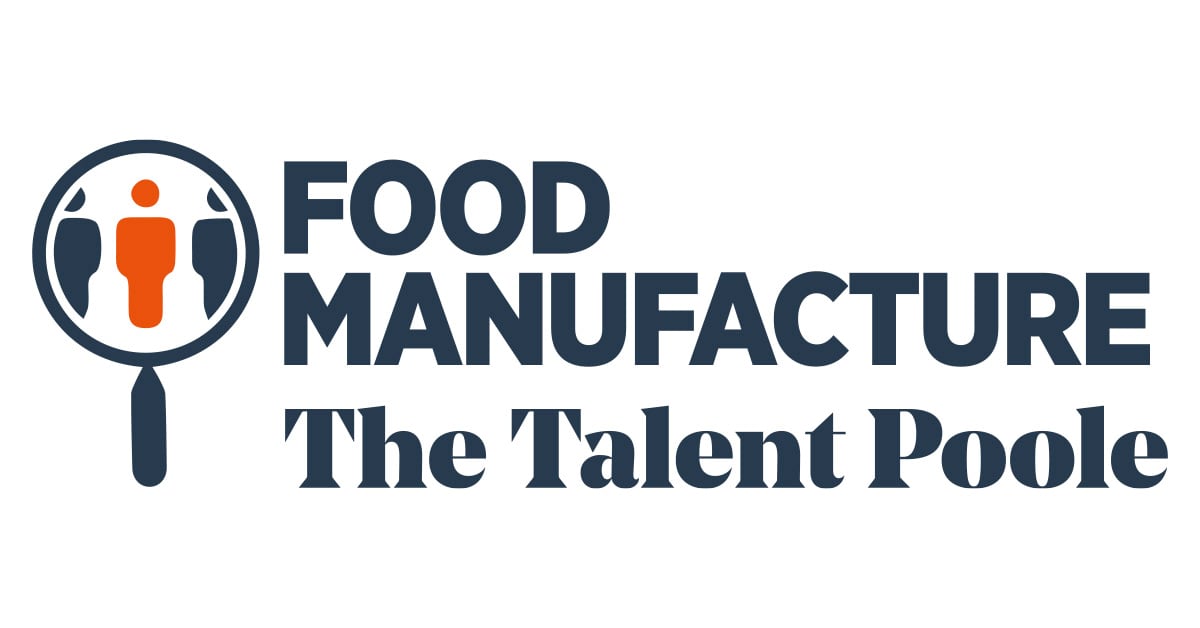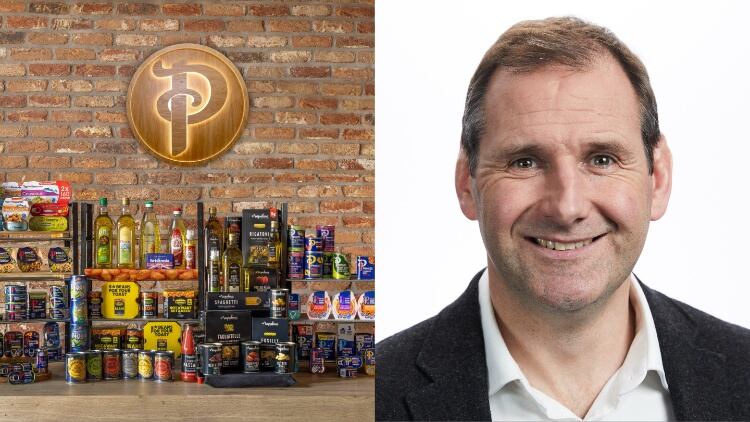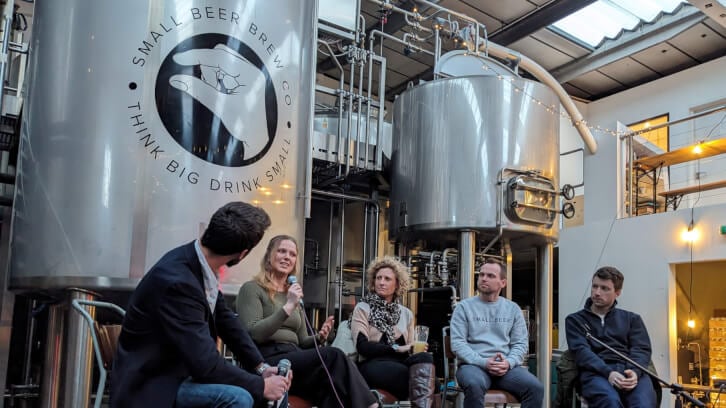Eaton described resilience neatly: “It’s about persevering against all odds. It probably comes from every experience I’ve ever had.”
His use of the phrase ‘against all odds’ is key to resilience. A resilient leader will not easily crumble but will maintain an inner strength to continue to push for a successful outcome, even when facing significant resistance or challenge. This resistance or challenge may, of course, come from business/economic pressures or from individuals.
“I’ve had to rely on resilience throughout my career,” he added. “Even if I look outside of work, I love sport and especially rugby, and I can see I’ve always had a natural competitive instinct.” This is not surprising, because resilience is a relatively deep-seated aspect of our personality. It can be developed or strengthened, but it certainly helps if a leader possesses elements of resilience as part of their natural predispositions.
Resilience, not stubbornness
Resilience should not be confused with stubbornness. Eaton agreed: “A leader needs to follow though to deliver the best result. The best result may not, however, be the original planned outcome or what all the stakeholders would like.
“To doggedly fight for the original outcome can sometimes be unhelpful. You should consistently stick to your chosen path until the evidence suggests otherwise. This, of course, means being prepared to be challenged.”
Eaton reflected on a particularly difficult challenge he and his team had faced: “Some years ago I was chief executive of a business. We had to undertake a significant restructure and build a really good business in the UK, despite all the reports about our troubled food company. We were facing a situation where we had a market capitalisation of only £10m and a pensions deficit of £330m – the papers were reporting we were bankrupt. No-one knew what the solution was but ultimately, after a lot of sleepless nights and perseverance, we found a way to do it! By building the things we could build, and by keeping the confidence of the people in the business and the customers throughout, we found a way though.”
Involving the team
Being resilient does not need to be the sole preserve of the leader. Ideally, as Eaton explained, this needs to be instilled into the whole team’s culture through strong leadership values.
“Purpose is really important, so when things are difficult it keeps everyone on track,” he said. “You need to be realistic and open about the current reality. That way you can engage all your colleagues. There’s a tendency to not tell people it’s as bad as it is – to protect them from that reality.”
Eaton linked this to his personal leadership values: “You need to gain collective responsibility for the most important things you need to focus on, so you can come up with solutions that will make a difference. I strongly believe in the need for a leader to be authentic and to demonstrate humility – even show some vulnerability. Never think you are better than you are and therefore beyond being challenged.”
This openness to being challenged and for a leader to consider alternative ways forward without becoming defensive ensures that all avenues and possible solutions to navigate around an issue are considered. The responsibility and courage to make the final decision will still, most likely fall on the leader, but it will be based on a diverse set of ideas and opinions.
Safety valves
So the big question is, what can a leader do to remain resilient even when facing immense, seemingly insurmountable challenges? One technique is to ensure you have ‘safety valves’ in place – ways of reducing the pressure, even if only temporarily. This could be calling on a close friend or trusted mentor who you can use to keep things in perspective or, perhaps, to literally ‘vent’. An alternative may be to find ways to relax or focus on outside interests as a form of distraction and as a way of re-charging.
Eaton described his own ways of keeping grounded: “Support outside work should never be underestimated especially from your immediate family. Having a supportive family is hugely important to me.
“When you are all in the thick of it, late at night, and people are feeling under pressure, I think a good sense of humour can also really help – it’s palpable how the mood of the room lifts.” I will have to take Eaton’s word for this as I don’t have the option to check back with his ex-colleagues!
Bouncing back
Another element of resilience is having the ability to bounce back, even after a particularly negative situation. Prior experience can certainly help in this regard, as Eaton reflected: “I think it’s important to be flexible, to keep networking and talking. You need to keep any situation in perspective and to keep asking yourself ‘what’s the worst that can happen’?
“I’ve had personal setbacks, including being fired a few times, but I can look back at these times and draw strength from these events in my life. Of course, lucky breaks can help – there have been times when things are really bad, and something happens that helps you out.”
Even if things don’t ultimately turn out positively, it can still be possible to learn from the experience – informing how we will handle a situation differently next time.
Links with other behaviours
Many of Eaton’s remarks illustrate an important link between resilience and optimism. Believing there can be a solution and a way out can be a real driver to keep pushing forward. This was certainly Eaton’s experience: “I think optimism is a fundamental element of resilience. Not blind optimism but being able to see how things could work out. Even when things fail, I have an almost instant ability to see the next good thing and therefore I’m not disappointed for long.
Another leadership behaviour, conceptual thinking, also plays an important part. ”I think the ability to challenge and encourage really crazy ideas even when they seem stupid solution can often unlock the lateral thought that delivers the solution.”
Keeping things in perspective
The word ‘perspective’ cropped up several times during our discussion and is an important factor in support of resilience, in so many different ways. We discussed how valuing others’ perspectives can be a key to ultimately unlocking a solution to a problem. But keeping the problems we are facing, in perspective, is also vitally important.
In the food sector, every leader is performing a critical role in ensuring we produce safe, healthy and tasty food for the consumer. That said, for everyone’s well-being, it is vital that we can all keep our work in perspective and, thus, remain resilient.

Geoff Eaton is currently chairman of Butcher’s Pet Care. Previous roles include chairman of New England Seafood International, NED Menzies Plc, COO of Premier Foods Plc, CEO of Uniq Plc, CEO Isis Research Plc, exec director RHM, exec vice president of Gates Corp, Tomkins Plc, Hill Samuel, Commercial Crime Bureau Hong Kong Police, and Arthur Anderson. He is a graduate of Manchester University.
You can read last month's edition of The Talent Poole here, where Jon Poole interviews 2 Sister's Helen Sisson on the art of team building.




